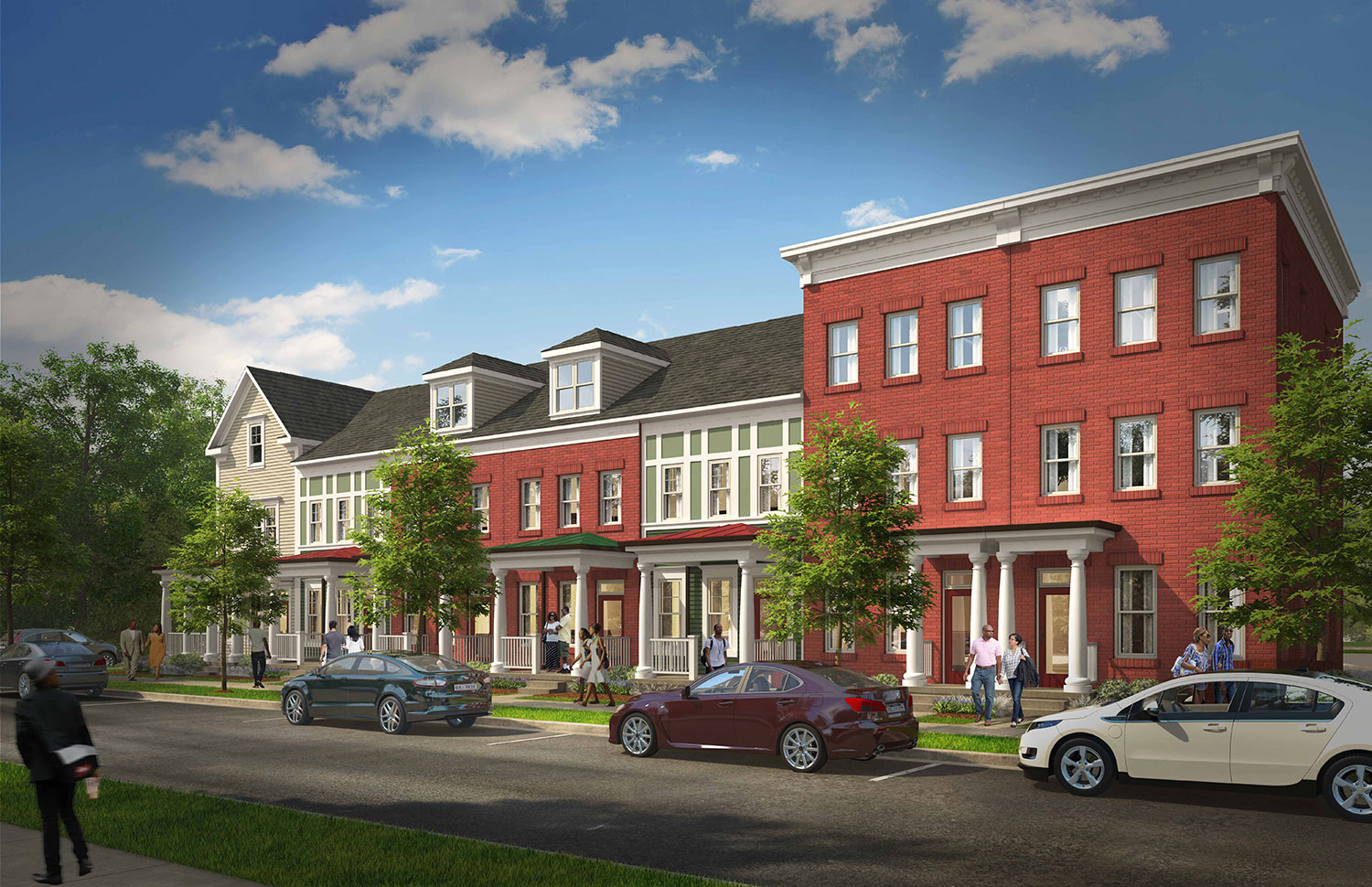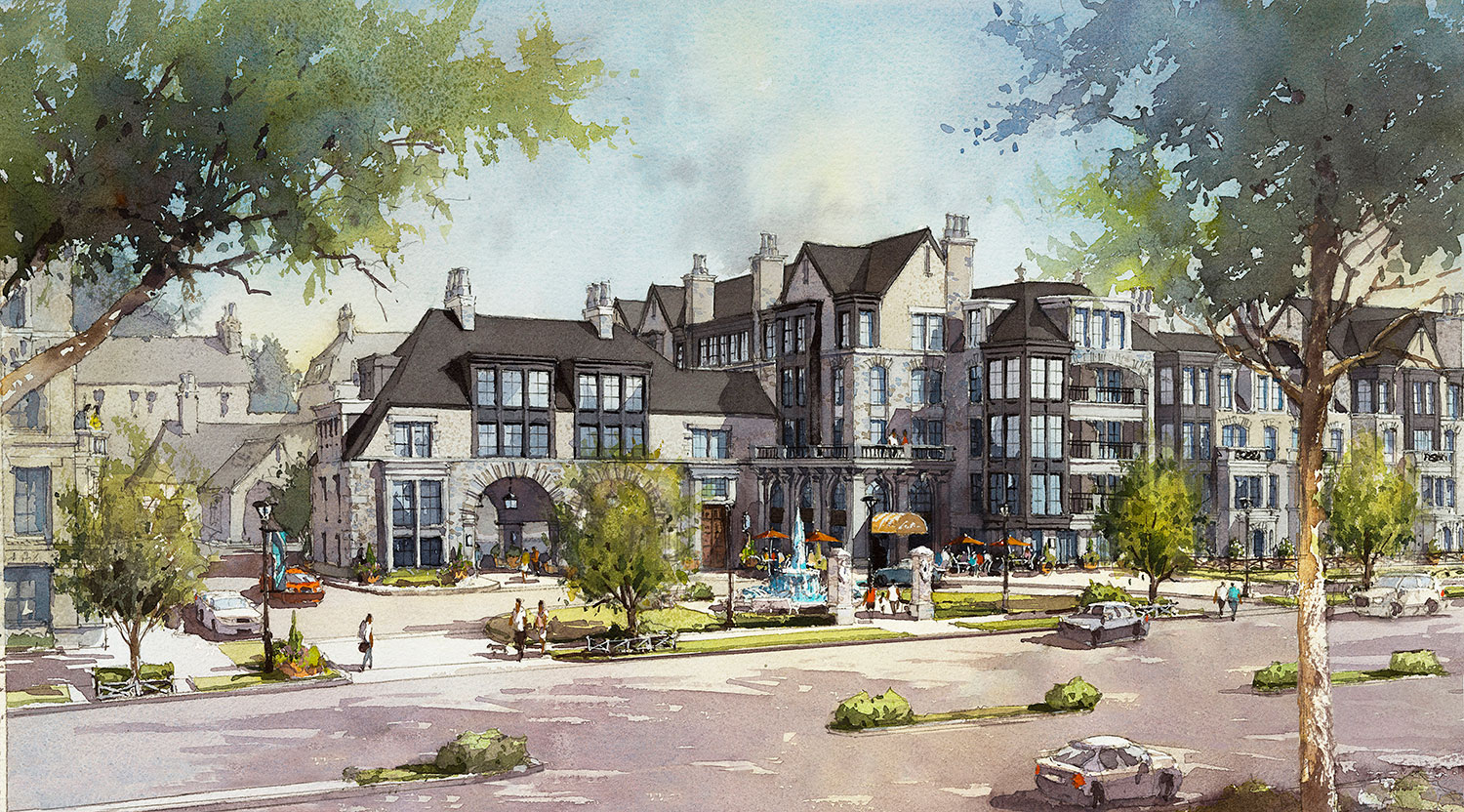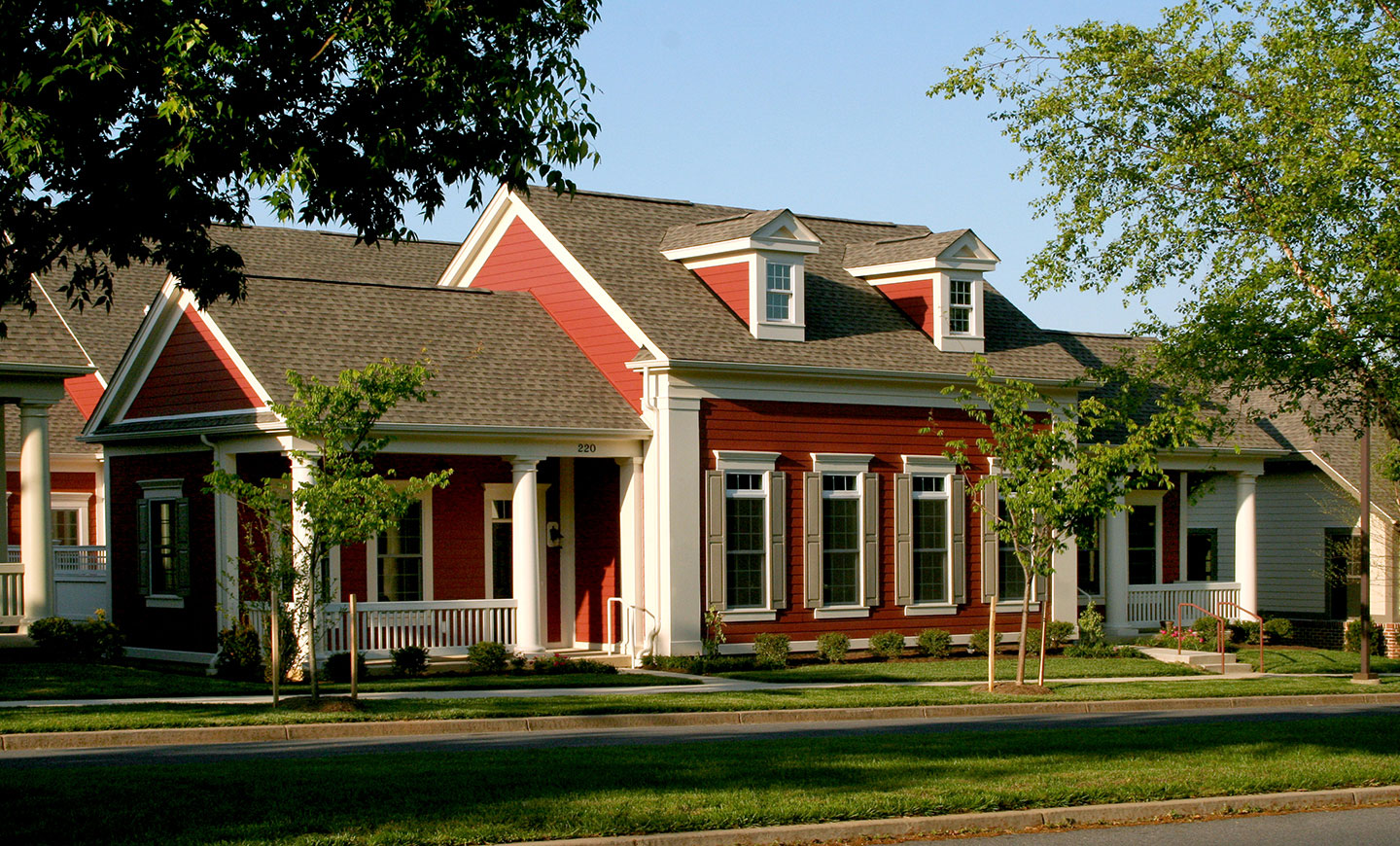Beacon Center
Transformation of this Historic structure into a Vision for the Future. A Vision with Economic and Human Resilience. An Impossibly High Bar was Set…then WE Exceeded It.
11 acre site
175,000 sf total building area
expanded congregational center - seating for 500
30,000 sf commercial that includes office space for 2 non-profit entities
10,000 sf community space that includes a 1/2 basketball court
5,000 sf of classroom space for day and night classes
99 affordable residential units - 81 affordable; 18 permanent supportive housing units
87 parking spaces on-site (garage)
bike parking
2,500 sf of retail with sit-down restaurant and culinary arts training facility
long-term transitional housing for veterans
food pantry
Emory United Methodist Church has a long history dating back to 1832 and is closely associated with the settlement and growth of the District of Columbia’s Brightwood neighborhood. After numerous unsuccessful attempts at renovating the church and developing their excess land, Emory United Methodist Church, through its non-profit corporation, the Emory Beacon of Light, Inc. (EBOL) partnered with The Community Builders, Inc., Northern Real Estate Urban Ventures and the District of Columbia Government to help realize their vision.
Utilizing a strategy that focused on creating a campus-like setting for the Church and for the development’s new residents, Torti Gallas designed a building that acts as a background to the historic church structure while enhancing the presence of the church on the site. As a designated National Historic Landmark, it was imperative to keep the church building intact. A newer addition to the church was demolished, making it possible to wrap the new apartment building around, and behind, the church, and provide garage parking underneath.
This complex historic renovation was developed using 18 separate public and private funding sources including: Low Income Housing Tax Credits (LIHTC), New Markets Tax Credits, United Methodist Development Funds (UMDF) and private funding sources.
This new campus is helping to further the deeper mission of the church - helping and housing the most under-served in our community – the poor, formerly incarcerated, veterans, immigrants and homeless families – showing that a church is bigger than its four walls.


What You Do Here Will Make all the Difference
Interested in joining us? Every member of the TG+P team plays a key part in creating a more sustainable world.










